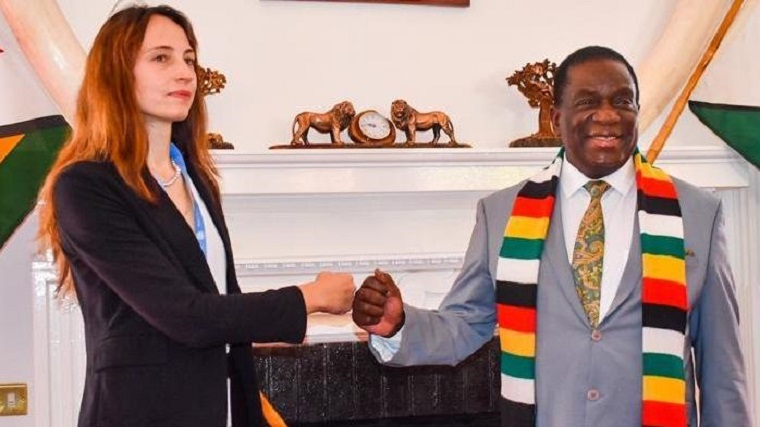The Special Rapporteur urges all stakeholders at the international and national levels to stop using the rhetoric of sanctions as an advocacy tool, and to engage in structural dialogue to settle any disputes in accordance with the rule of law. She stresses that the Sustainable Development Goals can only be achieved in the spirit of solidarity and cooperation between countries.
She reminds that any unilateral measures may only be taken when they duly comply with states’ international legal obligations (retortions) or are applied in the course of internationally lawful countermeasures. She also reminds that no good intention justifies the violation of fundamental human rights as “collateral damage.”
The Special Rapporteur urges all interlocutors (including states, international organizations, banks, private companies and civil society) to avoid coercion, written or oral threats or any other act which may cause or result in over-compliance, and to interpret all limitations in the narrowest possible way in the interim period before the lifting of unilateral sanctions.
The Special Rapporteur urges the U.S. Government to cease the state of national emergency regarding Zimbabwe that is not in accordance with the norms of the International Covenant on Civil and Political Rights, and to bring national legislation into accordance with international law, including human rights law, refugee law and the law of international responsibility.
The Special Rapporteur calls on banks and private companies to behave in accordance with the Guiding Principles on Business and Human Rights to avoid over-compliance and the consequent violation of rights of nationals and residents of Zimbabwe. The Special Rapporteur also reminds on the obligation of all states and regional organizations to comply with the principle of due diligence and to take all necessary measures to guarantee that activity under their jurisdiction and control won’t affect the human rights of people in the country and beyond national borders.
While welcoming certain legislative and organizational steps taken by Zimbabwe to suppress corruption, the Special Rapporteur calls on the Government of Zimbabwe to implement systematically its program to achieve that objective, enabling the effective functioning of the anti-corruption commission and the system of anti-corruption courts, and proceeding with complex and verifiable investigations. She amplifies the fact that unilateral sanctions introduced allegedly to minimize corruption in practice result in its growth because of the impossibility to do direct bank transfers, need to involve third parties and use non-transparent mechanisms.
Continued next page
(753 VIEWS)



Pingback: European Union mulling lifting sanctions on Zimbabwe | The Insider
Pingback: Mnangagwa spokesman says there is nothing to celebrate about latest US move on Zimbabwe sanctions | The Insider